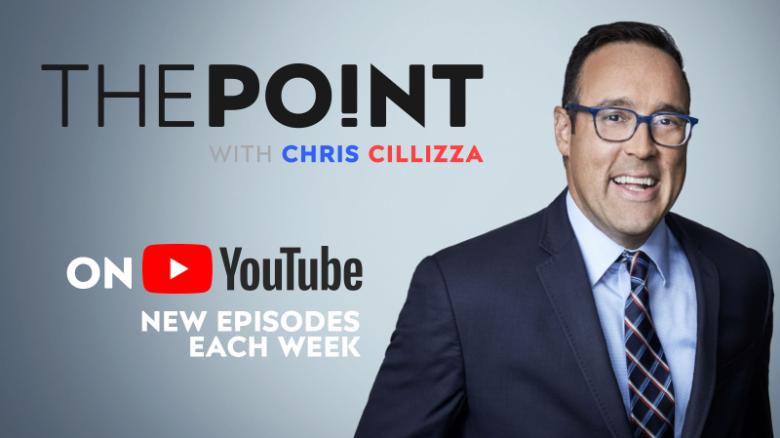(CNN)Donald Trump has never been a big believer in the idea that Russia actively interfered in the 2016 election to help him and hurt Hillary Clinton. He's kept a healthy skepticism toward it despite the intelligence community and special counsel Robert Mueller's assertion that there is zero question that Russia meddled in the election to help Trump.
There's been much written about how Trump's willful blindness on this issue impacts the United States' collective efforts to keep future elections in this country safe. And that is a BIG deal!
But that's far from the only real-world impact of Trump's ongoing unwillingness to acknowledge a reality that is right in front of his face. Check out these paragraphs from The New York Times piece on the US conducting cyber-attacks on Russia's electric grid:
"Two administration officials said they believed Mr. Trump had not been briefed in any detail about the steps to place 'implants' -- software code that can be used for surveillance or attack -- inside the Russian grid.
"Pentagon and intelligence officials described broad hesitation to go into detail with Mr. Trump about operations against Russia for concern over his reaction -- and the possibility that he might countermand it or discuss it with foreign officials, as he did in 2017 when he mentioned a sensitive operation in Syria to the Russian foreign minister."
Which, whoa!
Trump attacked the Times report as "a virtual act of Treason" on Twitter. But he did not, notably, say the story was untrue. Which is, of course, his default attack -- even when he has zero evidence to back up his claims on untruth.
So what we can conclude, then, is that Trump's stated doubts about Russia's interference in the 2016 election have made officials in the national security and intelligence communities less willing to broach sensitive operations -- like the one the Time story describes -- against Russia, for fear he will either nix those operations or somehow let operational details of the whole thing slip out.
(In May 2017, in a meeting with Russia's foreign minister and the country's US ambassador, Trump revealed highly classified information that reportedly jeopardized an intelligence source within the Islamic State. The meeting in which Trump did that came a day after he removed James Comey as FBI director.)
The thing about all of this is that it's not the first time we've heard it. Remember this, also from the Times, in April?
"But in a meeting this year, Mick Mulvaney, the White House chief of staff, made it clear that Mr. Trump still equated any public discussion of malign Russian election activity with questions about the legitimacy of his victory. According to one senior administration official, Mr. Mulvaney said it 'wasn't a great subject and should be kept below his level.' "
CNN reporting confirmed those struggles, noting that Trump's unwillingness to engage with the reality that Russia interfered in the 2016 election had badly complicated the administration's ability to properly engage with the threat of future foreign meddling in elections. It's "like pulling teeth," one government official told CNN about trying to get Trump to focus on future election-hacking attempts.
Here's the thing: We are talking about the President of the United States here. Not a child whose parents keep things from them "for their own good." Trump is the most powerful person in the country -- and maybe the world. And his aides -- or at least members of his administration -- are purposely keeping issues of national security and election security from him because, well, they don't trust him with it.
If that doesn't worry you, you're simply not paying attention.






